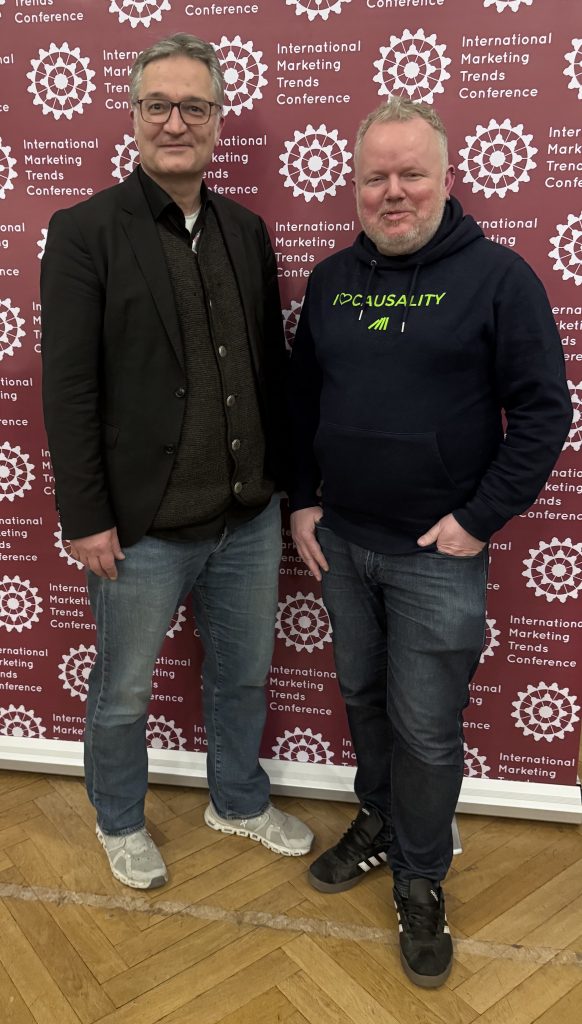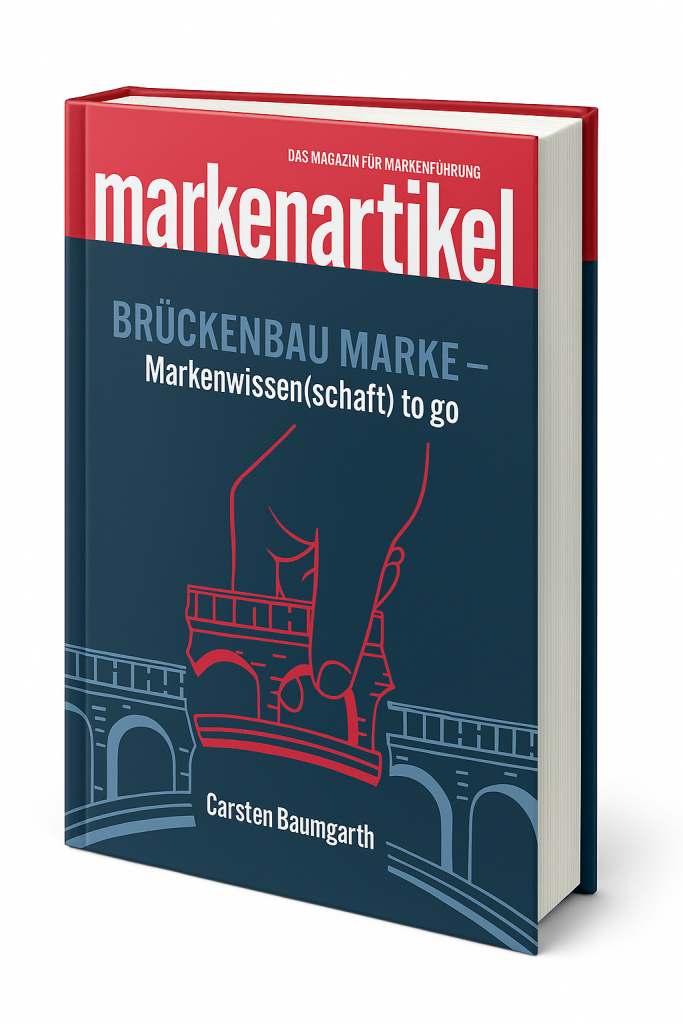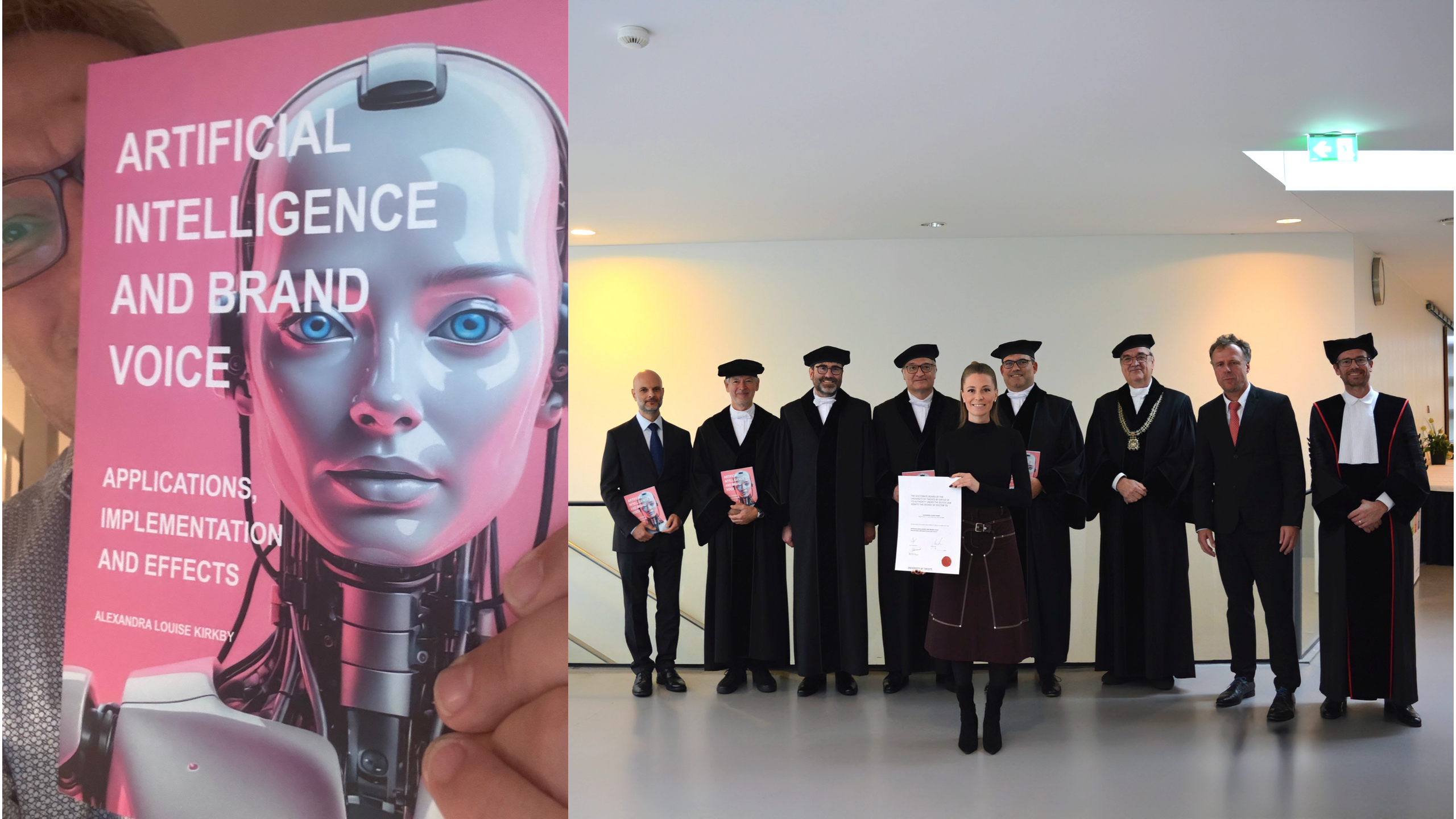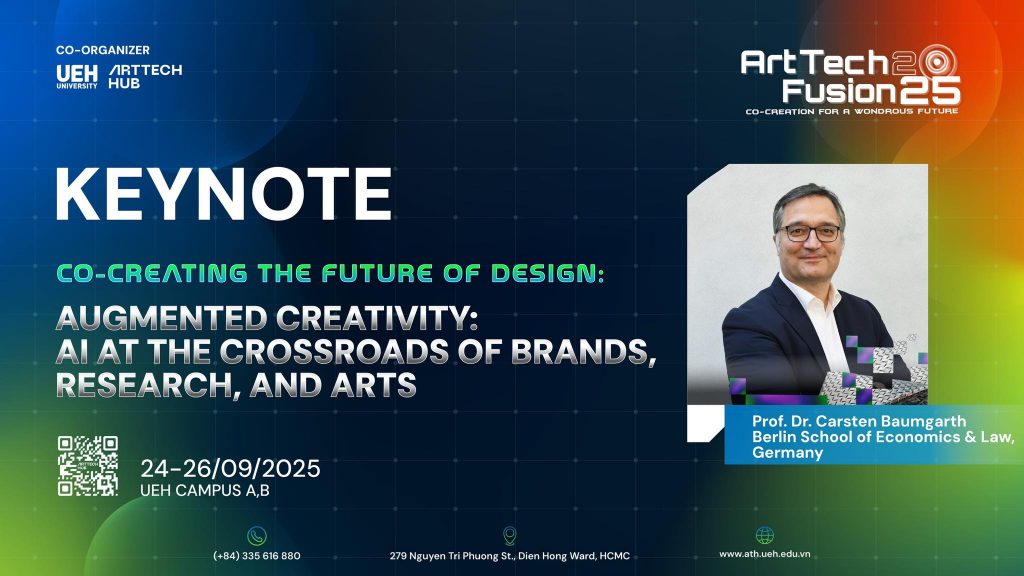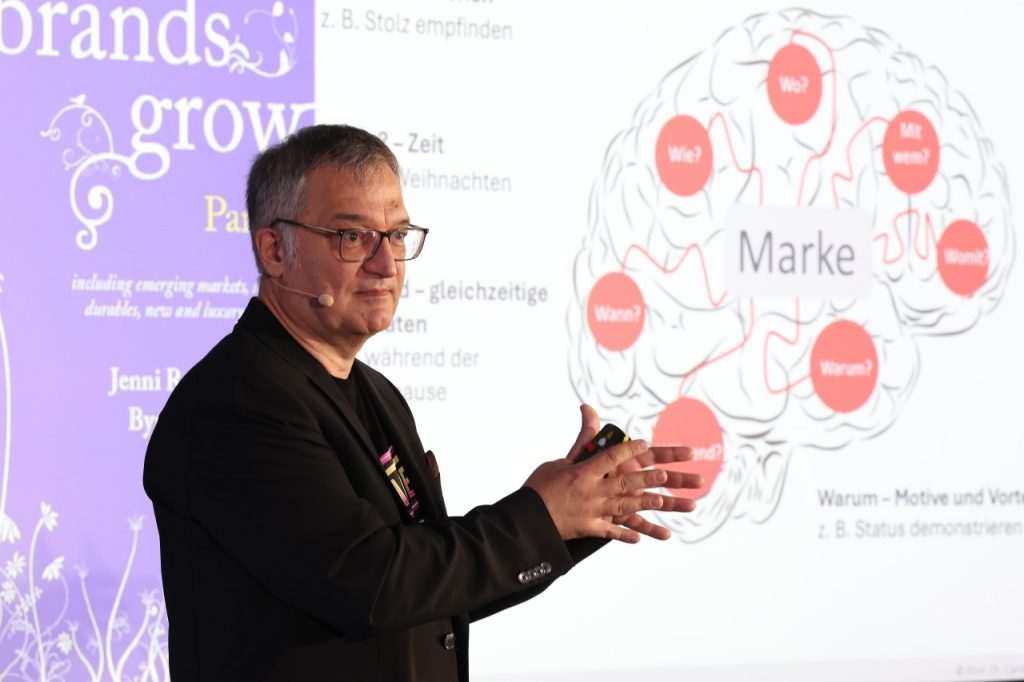As part of the International Marketing Trend Conference at ESCP Berlin, Dr. Steffen Schmidt and Prof. Dr. Carsten Baumgarth held an interactive workshop on the use of synthetic data in scientific and practical brand research.
The workshop was based on the concept of augmented intelligence, i.e., the targeted interaction of theoretical brand knowledge, human expertise, and artificial intelligence. The focus was on concrete, application-oriented use cases from research and practice, including:
- Content analyses of brand collages through the combination of established mental models and AI
- Use of synthetic data in early qualitative phases of scale development – as a supplement to classic exploratory studies
- AI-based approaches to addressing the replication problem in brand science
In addition, the participants discussed key building blocks for generating high-quality synthetic data. Selected platforms and tools such as AItest, Symar, viewpoints, and neuroflash were also presented.
The workshop was rounded off with an outlook on future developments and specific recommendations for action for the responsible use of synthetic data in scientific and applied brand research.
The presentation slides can be downloaded here.
